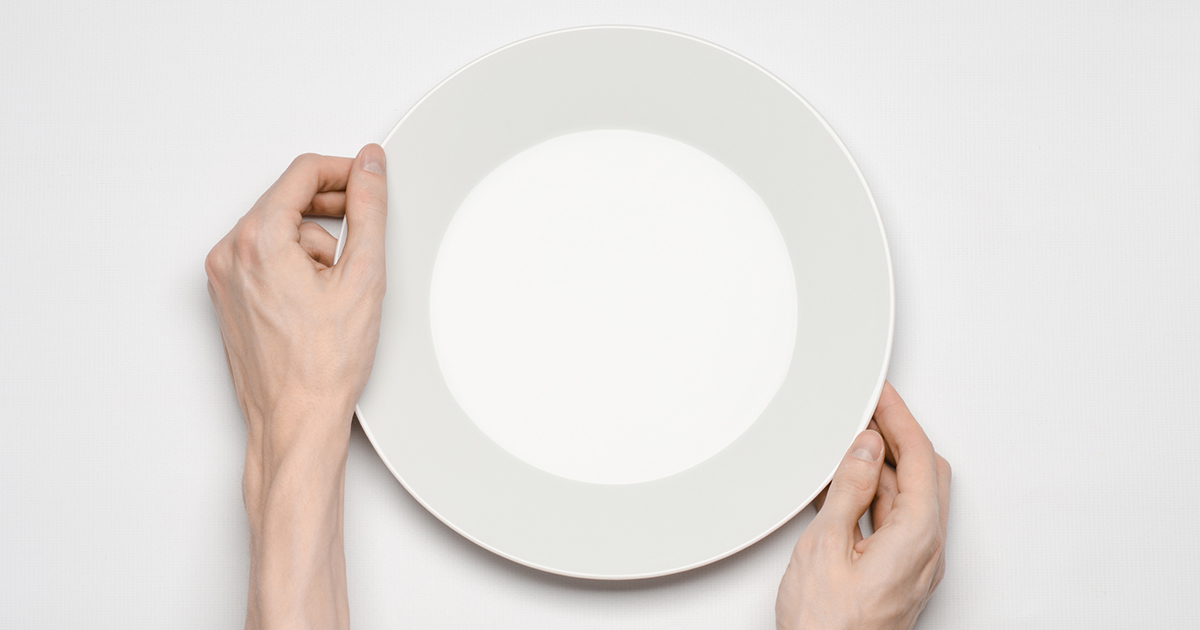Lifestyle Treatments For Food Poisoning
Food poisoning is a generalized term for any instance when you eat or drink something that infects you with harmful organisms. Your body reacts by trying to eliminate the bacteria from your gastrointestinal tract, resulting in cramping, nausea, vomiting, and diarrhea. Some extremely severe types of bacterial food poisoning can be treated with specific antibiotics. Unfortunately, there is no cure for most cases of unidentified food poisoning. You just have to wait it out for a few days and give your body time to heal. While you are dealing with food poisoning, a few lifestyle changes can make a big difference. These treatments will help your body to fight off the food poisoning while you remain as comfortable as possible.
Take A Break From Eating

In the early stages of food poisoning, it is a good idea to take a break from eating altogether. When you first get sick, you tend to deal with violent stomach cramps, vomiting, and diarrhea. This happens because the body is trying to empty out the gastrointestinal tract to expel the organisms causing the food poisoning. When you put more food in your stomach, it just triggers the reflex all over again. Doctors typically suggest patients avoid solid foods until they can keep down fluids without vomiting or diarrhea. However, going more than a day or two without eating is also not ideal, so this treatment should be brief. You might worry about getting hungry, but do not worry. Most patients with food poisoning are feeling too bad to care about a temporary lack of food.
Drink Small Sips Of Clear Fluids

The main danger when you have food poisoning is dehydration from all the vomiting and diarrhea. Many patients end up in the hospital with an emergency IV following a bout of severe food poisoning. If you want to avoid this, make sure your fluid intake remains high. Unfortunately, putting anything in your stomach may cause cramping, vomiting, and diarrhea to start up again.
The best way of keeping liquids down is taking frequent small sips of clear fluids. Water is always helpful, but keep in mind you may also need electrolytes to help keep the fluid balance in your body at a safe level. You can get electrolytes by sipping on certain sports drinks, or a salty, clear fluid like chicken broth. Avoid liquids with excess sugar because this may further upset the stomach. Some patients find fluids with ginger or mint in them, such as ginger ale and herbal tea, can have a calming effect on nausea when sipped slowly.
